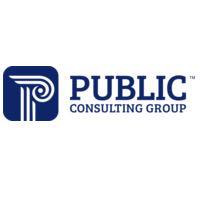
Providers, Evers’ administration eye extending COVID-19 changes

Providers are encouraging state agencies and boards to move forward on rules based in part on emergency orders signed by Gov. Tony Evers’ during his COVID-19 public health emergency declaration that expired this month.
Evers signed an executive order declaring the new coronavirus a public health emergency on March 12.
The order, which allowed local governments to seek reimbursement from the state to fight the pandemic, expired May 11.
Evers’ administration relied partly on that order, as well as on other state laws, to issue 36 emergency orders during that period, with many ending at the same time as the public health emergency.
A March order sought to simplify license renewals, encourage retired providers to re-enter practice and provide a way for out-of-state practitioners to come to Wisconsin without being credentialed in the state.
Subsequent orders made changes to regulations at long-term care facilities and allowed providers with licenses that expired during the public health emergency to continue practicing. An order signed at the start of May made changes surrounding prior authorizations for drugs and boosting access to telehealth for Medicaid members.
The expiration of the public health emergency also starts the countdown for a series of changes made by the Legislature and Evers in a law approved in April that targets COVID-19.
For instance, authorization for former healthcare providers and out-of-state providers to practice in Wisconsin without a license, a presumption that a first responders’ COVID-19 diagnosis is employment-related and the ability for pharmacists to extend expired prescriptions all end June 10, according to Legislative Council. That’s 30 days after Evers’ declaration ended.
Parts of the law that bar health plans from requiring a person to pay more for treatment related to COVID-19 at an out-of-network provider, offer immunity from civil liability for healthcare workers and prohibit the Department of Health Services from requiring emergency medical services providers to renew their credentials expire July 10.
Providers are asking that state agencies and boards look at ways to continue some of the flexibilities created by the public health declaration.
“The expiration does impact some professional licensure flexibilities that have enhanced telehealth and remote supervision in positive ways,” Wisconsin Hospital Association CEO Eric Borgerding said in a statement. “WHA encourages state agencies and boards to use the rulemaking process to help keep these useful flexibilities that help hospitals and clinics take care of more people – particularly the temporary expedited licensure of health care providers licensed in other states that’s set to expire on June 10.”
The Wisconsin Primary Health Care Association said community health centers made delivery changes throughout the state in response to COVID-19, including a rapid implementation of telehealth across medical, behavioral and dental care.
“Health Centers continue to see the need for telehealth services, and are encouraged to see the steps that DHS is taking to continue to allow these types of services going forward,” they said in a statement.
Department of Safety and Professional Services spokeswoman Jennifer Garrett said that pursuing rule changes in response to the expiration of the orders has been a topic of discussion. Boards overseeing healthcare professions would have to pursue the changes, and so far none have taken action, she said.
Ryan Nilsestuen, the governor’s chief legal counsel, said there have been a few scope statements submitted regarding COVID-19, including one withdrawn last week that would have allowed for various ways to mitigate the crisis. The statements give notice to the public that an agency is considering a new rule.
Nilsestuen said the administration is looking at ways to continue flexibility to get more nurses and other healthcare professions facing shortages. For instance, the Department of Health Services said that it’s looking at a rule for emergency nurse aide training programs.
“We’ve been looking at with a number of agencies in terms of what can we do through the administrative rulemaking process to provide flexibilities and get more doctors, nurses and others back into the profession to help deal with the pandemic,” he told reporters last week.
DHS has submitted scope statements to create emergency rules for suspending nursing home transfer requirements as well as face-to-face interactions
for long-term care applications or assessments, and other changes
based off the now-expired emergency orders.
LeadingAge Wisconsin CEO John Sauer said that they were pleased to see the department moving forward on the rules, which he said would reduce administrative burdens and let them focus more on providing care.
Eric Elliot, chair of the legislative and government affairs committee for the Wisconsin Academy of Physician Assistants, said they’ve asked the state’s Council on Physician Assistants to craft regulations that could be put in place in case of an additional surge of COVID-19 cases.
Elliot said that hospitals preparing for COVID-19 earlier this year ran into issues with requirements on how doctors supervise physician assistants that made it “near impossible” to swiftly redeploy physician assistants to different areas.
He said they requested changes from Evers, but only received “bits and pieces,” which they appreciated but that didn’t go far enough to prevent furloughing of physician assistants.
Some of the changes they’re seeking include removing requirements that limit supervising doctors to four physician assistants at a time and require that they be within fifteen minutes of contact by telephone or other means.
“When and if we have a surge, which we pray we don’t, but if we do, then PAs will be able to respond and hospitals and employers will be able to utilize us to the full extent,” Elliot said. “We have almost 3,000 of us in the state ready to roll. It’s a crime to send us all home.”
Wisconsin Nurses Association Executive Director Gina Dennik-Champion said they’re considering how to extend some of the COVID-19 changes that are set to end next month.
She added that she doesn’t know if there’s demand for out-of-state nurses to practice in Wisconsin, given furloughs and layoffs, and demand for those coming out of retirement to practice, unless they receive a refresher course.
“There was this thought that we’d end up in a New York situation,” Dennik-Champion said. “We had nurses going to New York to help provide the support because we didn’t have the demand here in Wisconsin.”
Wisconsin Health News is removing the password on all stories related to the coronavirus. For the latest developments follow us on Twitter at @wihealthnews or check out our website. For complete healthcare coverage, sign up for a free trial to our daily email newsletter.

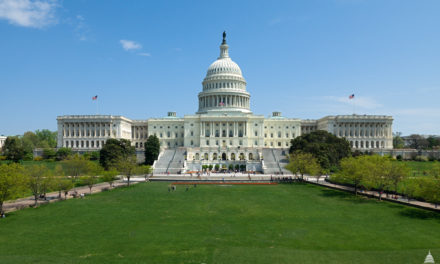






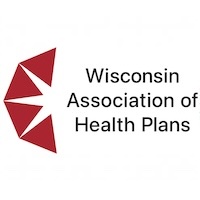

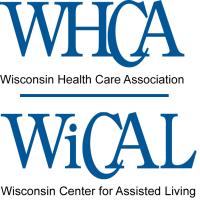






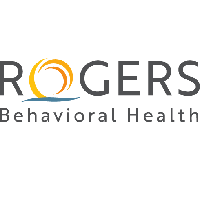
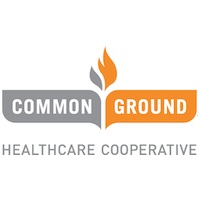




.jpg?bwg=1612548324)





